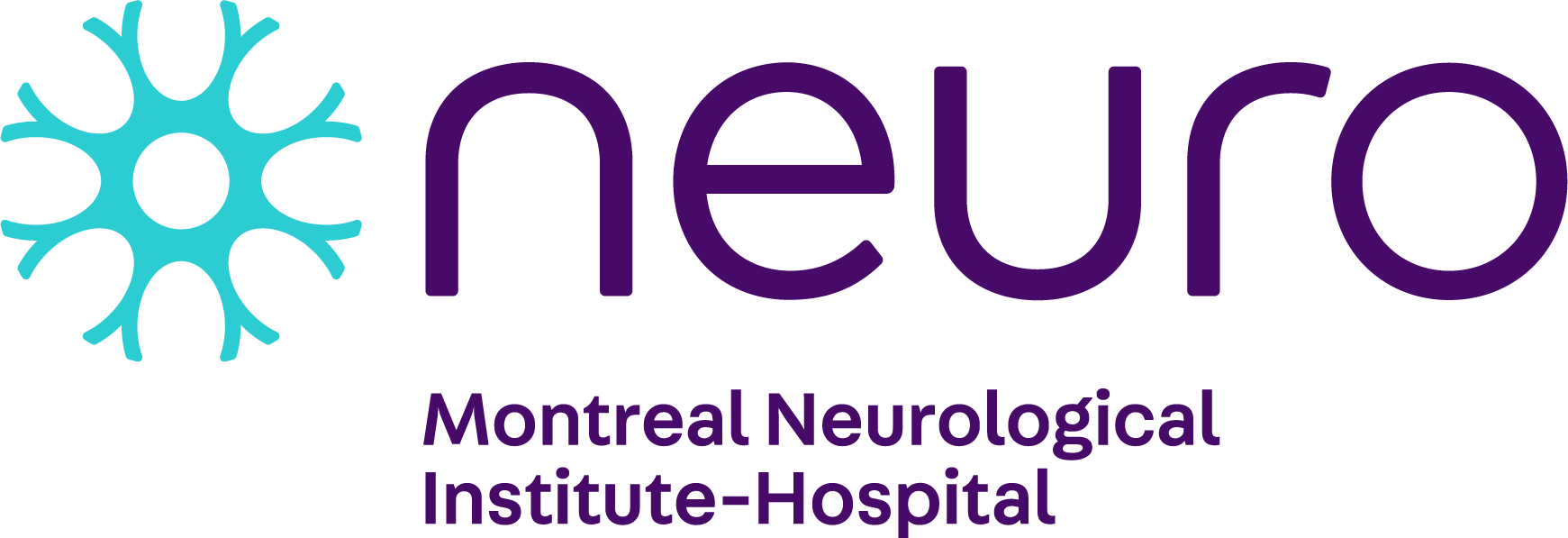
Study shows how our brains sync hearing with vision
To make sense of complex environments, brain waves constantly adapt, compensating for drastically different sound and vision processing speeds
��
Every high-school physics student learns that sound and light travel at very different speeds. If the brain did not account for this difference, it would be much harder for us to tell where sounds came from, and how they are related to what we see.

Bridging the gap between AI and the clinic
Open source app helps predict brain tumour malignancy and patient survival
The power of artificial intelligence (AI) in medicine lies in its ability to find important statistical patterns in large datasets. A study published today is an important proof of concept for how AI can help doctors and brain tumour patients make better treatment decisions.

Predicting when a sound will occur relies on the brain’s motor system
Research shows how the brain’s motor signals sharpen our ability to decipher complex sound flowsWhether it is dancing or just tapping one foot to the beat, we all experience how auditory signals like music can induce movement. Now new research suggests that motor signals in the brain actually sharpen sound perception, and this effect is increased when we move in rhythm with the sound.

Neuro researchers receive grants from Canada Brain Research Fund
Brain diseases and disorders are the leading cause of disability, directly affecting one in three Canadians as well as millions of family members, friends, colleagues and caregivers. The Government of Canada recognizes the significant impact on the health of Canadians, and supports Canadian research on the brain and related diseases and disorders

Improving memory with magnets
Discovery expands our understanding of how we remember soundThe ability to remember sounds, and manipulate them in our minds, is incredibly important to our daily lives — without it we would not be able to understand a sentence, or do simple arithmetic. New research is shedding light on how sound memory works in the brain, and is even demonstrating a means to improve it.

Dr. Computer
Deep learning transforming neuroscience researchIn an article published in Nature on Feb. 15, 2017, researchers, including principal investigators from the Montreal Neurological Institute’s McConnell Brain Imaging Centre (BIC), used magnetic resonance imaging (MRI) to predict the development of autism in babies.

Brain responses found to originate from previously unknown source
Scientists at the Montreal Neurological Institute and Hospital at ƽ���岻�� have made an important discovery about the human auditory system and how to study it, findings that could lead to better testing and diagnosis of hearing-related disorders.
The researchers detected frequency-following responses (FFR) coming from a part of the brain not previously known to emit them. FFRs are neural signals generated in the brain when people hear sounds.




